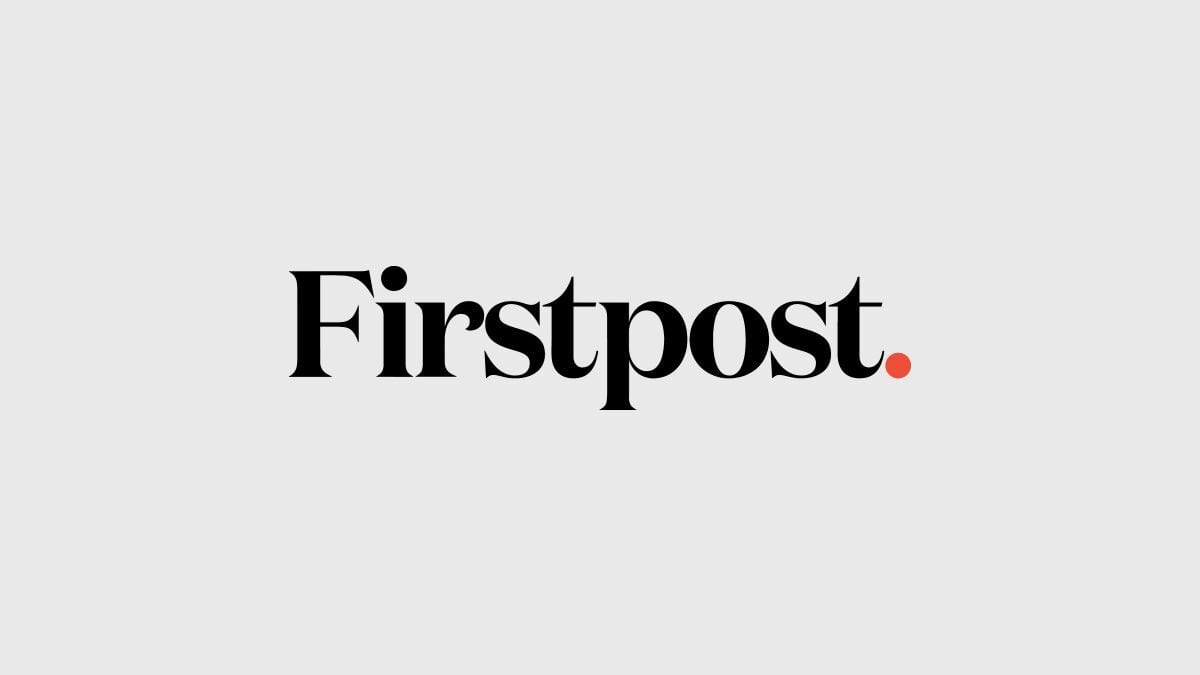India, say new reports, is willing to help the eurozone find money to emerge from its Greek tragedy. In a guarded statement, Pranab Mukherjee is quoted by Hindustan Times as saying that if the eurozone leaders “make a credible assessment of the solvency issue” then “supplementary financing could be considered.”
So is India going to throw some of its own money in the bottomless Greek pit?
Planning Commission Deputy Chairman Montek Singh Ahluwalia, speaking at Cannes on the sidelines of the G-20 summit, was quick to disabuse anyone of the idea that we are going to do anything of the kind. He said if any help is given, it will be done through multilateral institutions like the International Monetary Fund (IMF). “We have not received any request for bilateral assistance (for Greece). We are looking at it more from a multilateral point of view. I think a lot has to be done to handle the eurozone crisis (and it) has to be done by the eurozone countries,” Ahluwalia said.
The message from India to Europe, thus, is a polite ’no, thanks, but please do ask the IMF, and we will put in a good word for you."
[caption id=“attachment_122344” align=“alignleft” width=“380” caption=“India really doesn’t have the money to help Greece. Nir Elias/Reuters”]  [/caption]
This is, of course, the right approach, for India does not have spare cash - either at home or abroad in terms of foreign exchange reserves - to throw in the pot. Domestically, Pranab Mukherjee is borrowing money hand over fist in a worsening fiscal situation where 70 per cent of the budget deficit target for 2011-12 has been used up in six months. And he is borrowing Rs 53,000 crore more than budgeted and scraping the bottom of the barrel to pay his bills. Among them, Rs 65,000 crore of oil companies’ losses that have to be made good.
Externally, of course, the situation looks more robust with foreign exchange reserves currently standing at $318 billion. Surely, this means we can toss a few coins in the Greek bowl for friendship’s sake? A token of regard from the world’s largest democracy to the world’s oldest?
Impact Shorts
More ShortsActually, no. India’s $318 billion in reserves is matched almost equally by an external debt of $317 billion. Even though the ability to invest our reserves in any kind of debt, including Greek debt, does not depend on our external liabilities, the point is our reserves are really external borrowings in another form. They represent money that has to be managed, but not spare cash that can be gifted away. It is money owed, not money owned, by the people of India.
Moreover, India needs all the dollars it can hold, as its trade and current account deficits are worsening. At last count, India’s current account deficit (the gap between external earnings and expenses) was 3.1 percent of GDP - which is unsustainable unless we have equivalent capital inflows. That hasn’t been happening of late, as the fall in the rupee shows. To pay our rising import bills, we may, in future, have to draw down our reserves.
The country that really has spare cash is China - which had $3.2 trillion (Rs 3,200 billion) in reserves, of which external debt is only $546 billion - that still leaves over $2.7 trillion in terms of a treasure chest that can be invested. But China is showing no great eagerness to lend money.
Japan, with nearly $1.2 trillion in reserves, is the next best candidate for Greek munificence.
India can offer sympathy and hope. Hard cash is out of the question.


)

)
)
)
)
)
)
)
)



